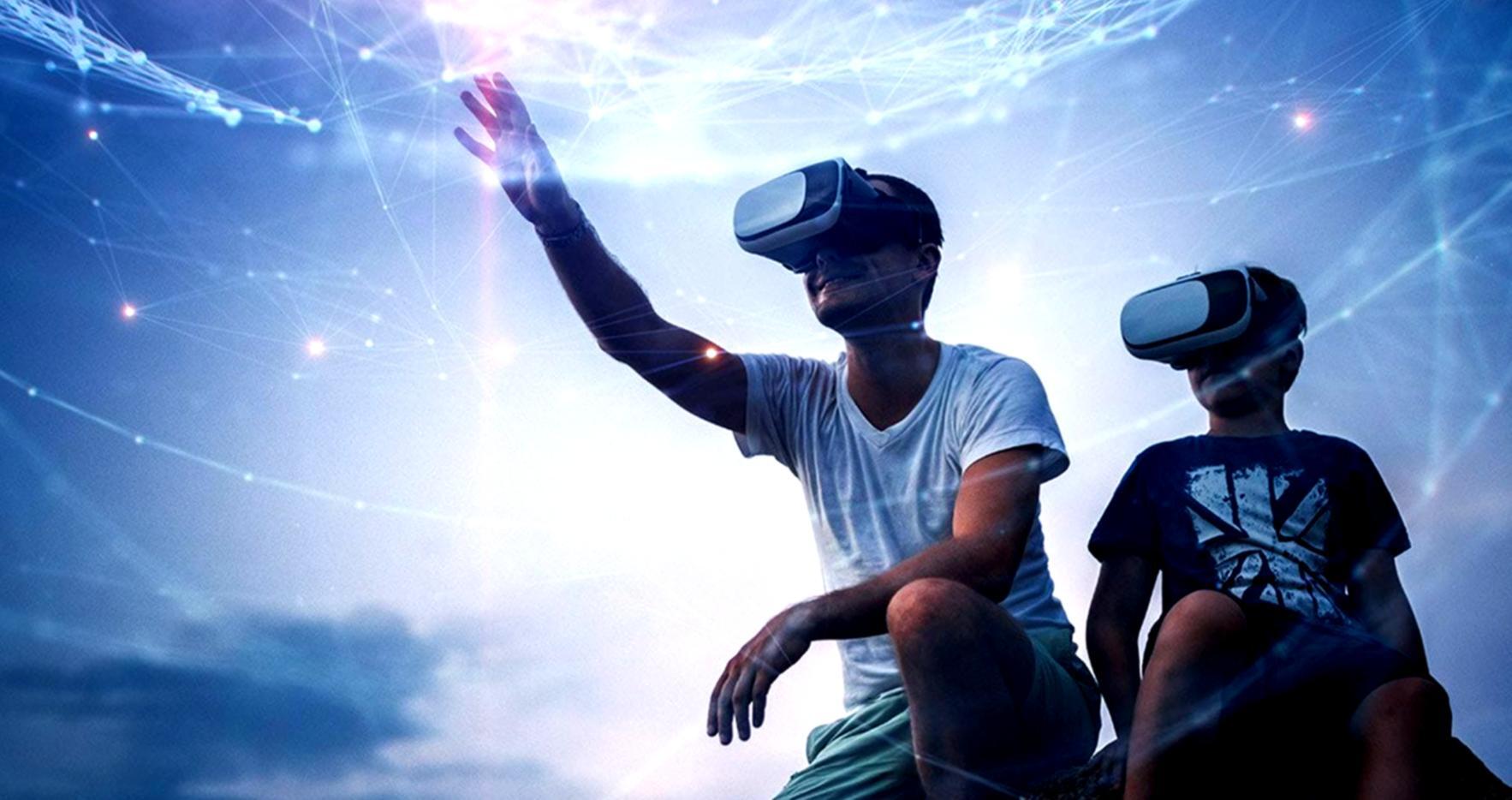Build Immersive Worlds That People Actually Want To Explore
Learn cross-platform AR/VR game development from developers who've shipped real products
Our autumn 2025 program takes you from basic Unity concepts to publishing functional AR/VR experiences. We focus on what actually works in production — not just tutorial projects that look good in portfolios.
View Program Details
Three Tracks That Match Where You're Actually Starting
Most people come to us with different backgrounds. Some know programming but nothing about 3D. Others have design skills but need technical grounding. We built distinct tracks because one-size-fits-all doesn't work.

Foundation Track
Starting with zero experience? This 14-week track covers Unity fundamentals, C# basics, and simple AR interactions. You'll build three small projects that demonstrate core skills.
14 weeks • Starts Sept 2025
Production Track
Already know Unity? Jump into cross-platform optimization, multiplayer basics, and performance profiling. This track assumes you can code and focuses on shipping quality.
12 weeks • Starts Oct 2025
Design Integration
For designers transitioning into immersive experiences. Learn spatial design principles, interaction patterns specific to VR/AR, and how to prototype without deep coding knowledge.
10 weeks • Starts Nov 2025
Graduates Who Actually Ship Products
Since launching in 2022, we've seen students go from tutorials to published apps. Not everyone lands their dream job immediately — but the ones who stick with it tend to find opportunities.
One thing we've learned: portfolio projects matter more than certificates. That's why each track ends with something you can actually show — not just another tutorial clone.
How The Learning Actually Unfolds
This isn't "watch videos, do assignments, get certificate." We structured things around building progressively complex projects because that's how you actually internalize these skills.
Core Concepts Through Constrained Projects
First month focuses on fundamentals. You'll build very simple interactions — think "grab this object" or "teleport here" — but you'll understand exactly what's happening in the code. No magic black boxes.
Intermediate Challenges With Real Constraints
Month two introduces performance limits, device compatibility issues, and user comfort considerations. You'll rebuild earlier projects for different platforms and see where things break. This is where learning gets messy and useful.
Capstone With Actual Scope Management
Final project is yours to define — but we help you scope it properly. Most students discover their initial idea is way too ambitious. We work with you to cut features until you have something finishable.
Polish And Publishing Process
Last few weeks focus on getting your project presentable. We cover app store requirements, basic marketing materials, and documentation. Some students publish to stores, others keep it portfolio-only. Both work.

Besa Krasniqi
Lead VR Instructor
Shipped four commercial VR titles between 2019-2024. Previously worked at a mobile game studio in Berlin before returning to Tirana to teach.
Learning From Someone Who's Actually Done This
Real Production Experience
Besa spent five years in commercial game development before teaching. She's dealt with platform-specific bugs, optimization nightmares, and all the unglamorous parts of shipping VR products.
Her approach is straightforward — she shows you what works in production environments, not just what looks impressive in demos. When something breaks (and things will break), she knows how to troubleshoot because she's debugged these exact issues under deadline pressure.
Focus On Practical Problem-Solving
Classes aren't lectures. Besa walks through building something, explains the reasoning behind architectural decisions, then gives you a similar problem to solve. When you get stuck — which everyone does — she helps you think through the issue rather than just giving answers.
She's particularly good at helping people scope projects realistically. A lot of students come in wanting to build the next Beat Saber. She'll help you understand why that's unrealistic for a 12-week project and guide you toward something achievable but still impressive.
